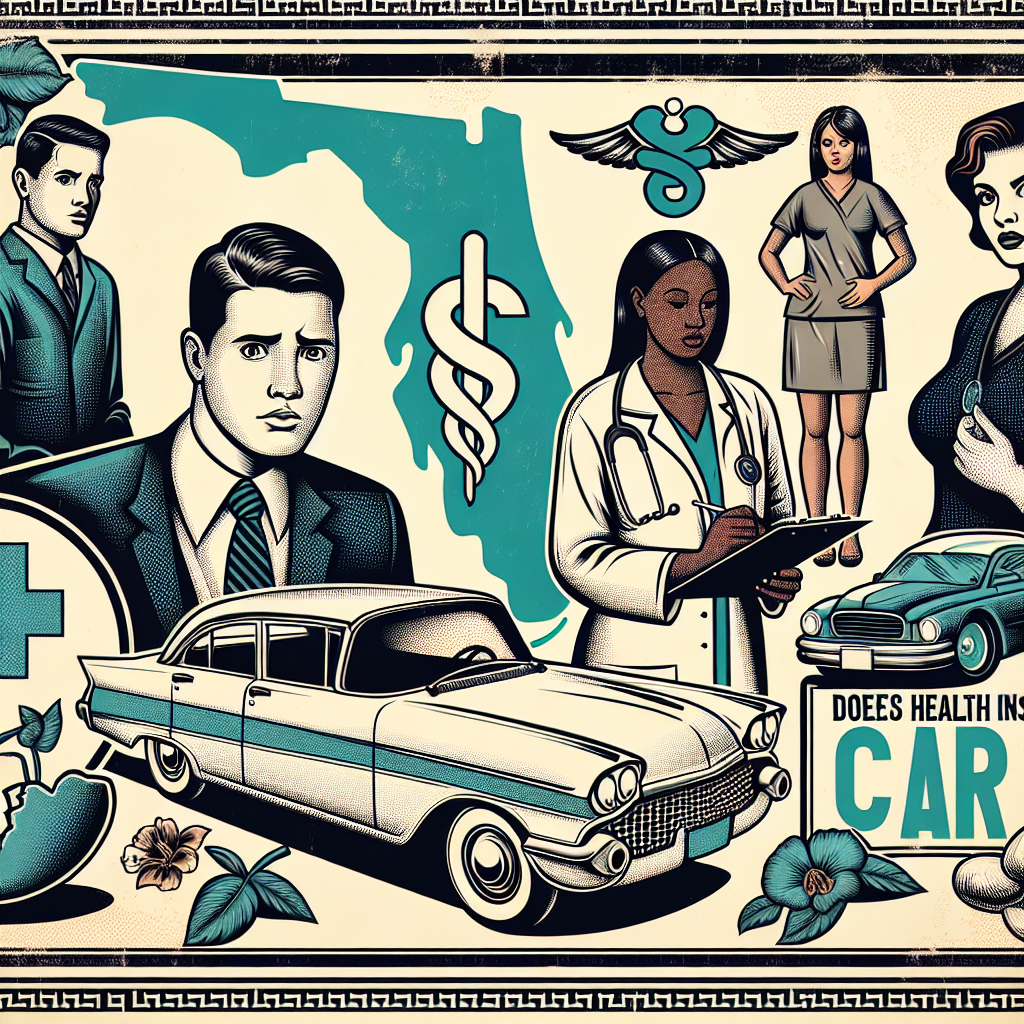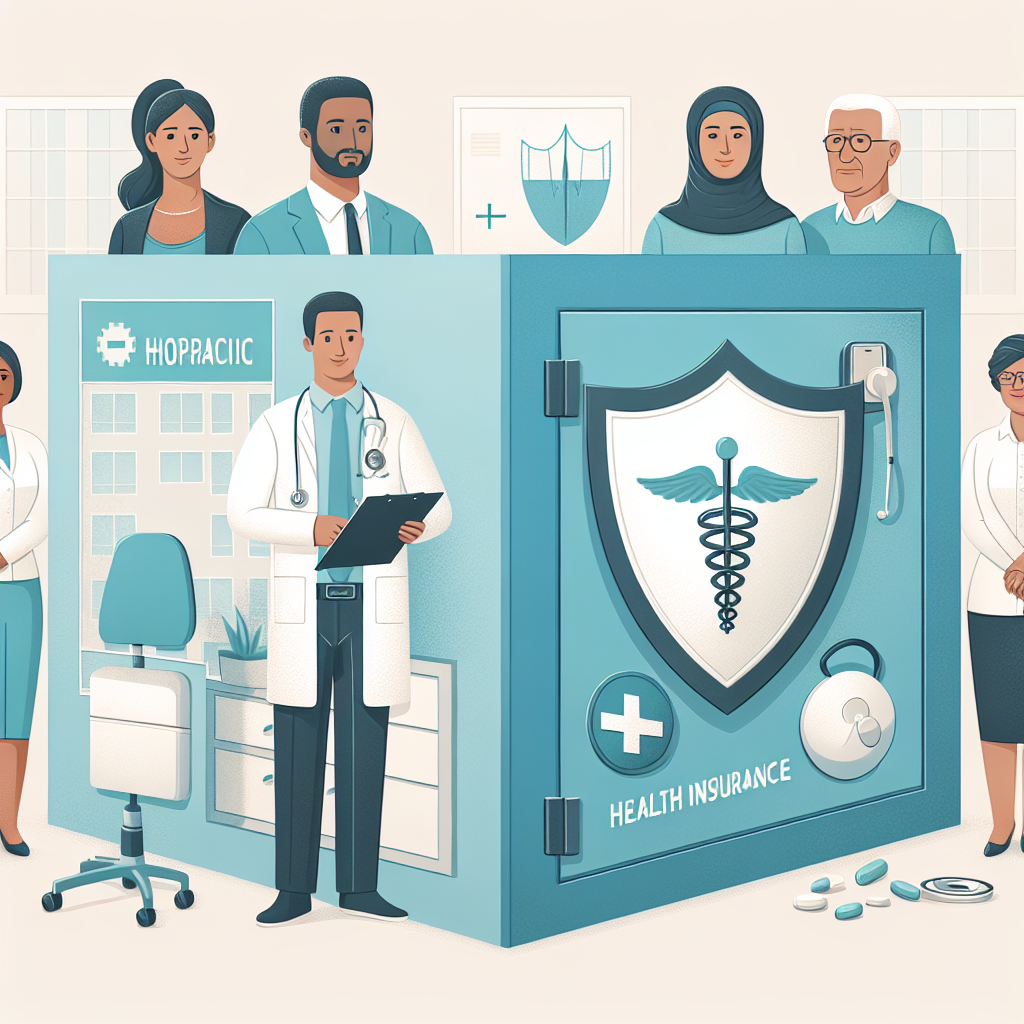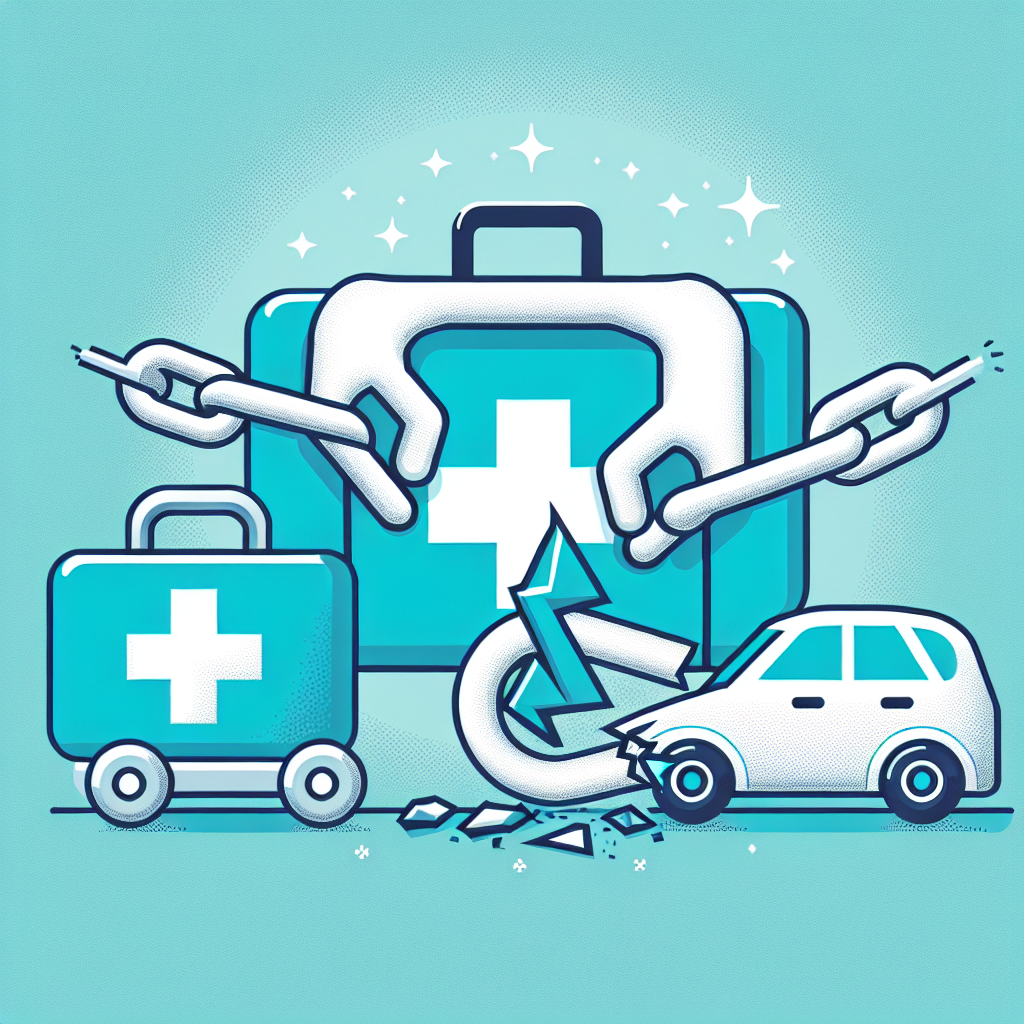Filed under Health Insurance on
Florida Car Accidents: Does Health Insurance Cover Them?

Florida car accidents are an unfortunate reality for many residents of the Sunshine State. With bustling roads and a growing population, accidents are an inevitable part of life. In the aftermath of a car accident, victims often grapple with an array of concerns, one of the most pressing being healthcare coverage. A common question that arises is: does health insurance cover car accidents in Florida? Understanding the nuances of insurance coverage can help victims navigate the complex aftermath of a collision with ease.
Understanding the Basics: Florida’s No-Fault Insurance System
Florida operates under a no-fault insurance system. This means that after a car accident, drivers turn to their own insurance policies to cover medical expenses, regardless of who is at fault. This system is designed to streamline the process and ensure that medical bills are covered quickly, reducing the need for lengthy litigation.
Under this framework, Florida drivers are required to carry Personal Injury Protection (PIP) insurance. PIP covers 80% of necessary and reasonable medical expenses up to $10,000, provided the injured party seeks initial medical treatment within 14 days of the accident.
The Role of Health Insurance in Car Accidents
While PIP coverage is a good starting point, medical expenses from car accidents often exceed the $10,000 threshold, especially if the injuries are severe. This is where health insurance can play a crucial role. Health insurance can cover healthcare expenses that exceed PIP limits, helping alleviate the financial burden from more extensive treatment requirements.
It's important to note that health insurance can have its own limitations, such as copayments, deductibles, and out-of-pocket maximums. Understanding these details is essential to manage expectations and financial responsibilities following a Florida car accident.
Dealing with Insurance Companies
After an accident, victims often deal with multiple insurance companies, including their own health insurance provider and their car insurance company. One critical factor is the order in which insurance policies are applied. In most cases, Florida's PIP coverage applies first to medical expenses, followed by any potential additional coverage through health insurance.
For example, consider the case of Jane, who was involved in a significant car accident in Orlando. Her PIP insurance covered the initial $10,000 of her medical bills. However, her injuries required hospitalization and ongoing therapy, leading to an additional $25,000 in expenses. Jane's health insurance was crucial in covering these additional costs, once her PIP benefits were exhausted. Without her health insurance, Jane would have been responsible for these expenses out of pocket.
Steps to Take After a Car Accident
Ensuring appropriate coverage following a car accident requires a proactive approach. Here are practical steps to consider:
- Seek Immediate Medical Attention: To activate PIP coverage, seek medical treatment within 14 days of the accident. This step is critical to ensure that the majority of emergency medical expenses are covered under the no-fault system.
- Gather and Document Evidence: Collect evidence from the accident scene, including photos, witness information, and police reports. This documentation will be vital if the case escalates to a personal injury claim.
- Notify All Relevant Insurance Companies: File a claim with your auto insurance provider under PIP, and also inform your health insurance provider about the accident. Coordination between insurers is essential for coverage.
- Understand Your Coverage: Review both your auto and health insurance policies to fully understand the coverage limits, exclusions, and the specifics of how each plan applies.
- Consult a Legal Professional: If your injuries are significant or if there is a dispute, consulting a personal injury attorney can provide clarity and potentially increase the compensation received.
Real-Life Example: Navigating Complex Coverage
Consider Mike and Susan, a couple from Miami involved in a multi-vehicle crash. Both sustained injuries requiring extensive medical treatment. While Mike had robust health insurance through his employer, Susan was only covered under Florida's PIP policy. Mike's medical bills, which totaled $50,000, were largely covered by his health insurance beyond the PIP benefits. However, Susan found herself responsible for over $15,000 in medical expenses after her PIP benefits were exhausted.
This scenario highlights the critical role health insurance plays in managing expenses post-accident. It also underscores the importance of both partners having comprehensive coverage to protect against unforeseen medical costs.
FAQs About Florida Car Accident and Health Insurance Coverage
1. Does health insurance always cover car accident injuries in Florida?
Health insurance can cover medical expenses resulting from car accidents, but coverage can vary based on your specific policy. It's crucial to check with your health insurance provider to understand the extent of coverage available for accident-related injuries.
2. What if I don't have health insurance after a car accident in Florida?
If you lack health insurance, you’re largely reliant on your PIP insurance, which may not cover all expenses, especially if injuries are severe. It’s advisable to explore other options, such as Medicaid or emergency financial assistance from the hospital.
3. Can I claim for additional expenses if someone else is at fault?
Yes, if another party is at fault, you may file a personal injury lawsuit to recover costs beyond what your insurance covers, including pain and suffering, lost wages, and additional medical expenses.
4. Are there alternatives to PIP and health insurance for covering medical expenses?
Yes, you might consider purchasing additional coverage such as Medical Payments (MedPay), which can supplement your current insurance. Additionally, an attorney can help you explore settlement options if another party is at fault.
5. How does Medicaid interact with PIP in a Florida car accident?
If you're on Medicaid, PIP would still be your primary coverage initially. However, once PIP benefits are exhausted, Medicaid may cover any remaining medical expenses, depending on eligibility and coverage specifics.
In conclusion, understanding the interplay between PIP and health insurance is crucial in the aftermath of a Florida car accident. By proactively managing both auto and health insurance, and considering the legal avenues available, victims can ensure they are well-prepared to handle medical expenses, facilitating their journey to recovery.





